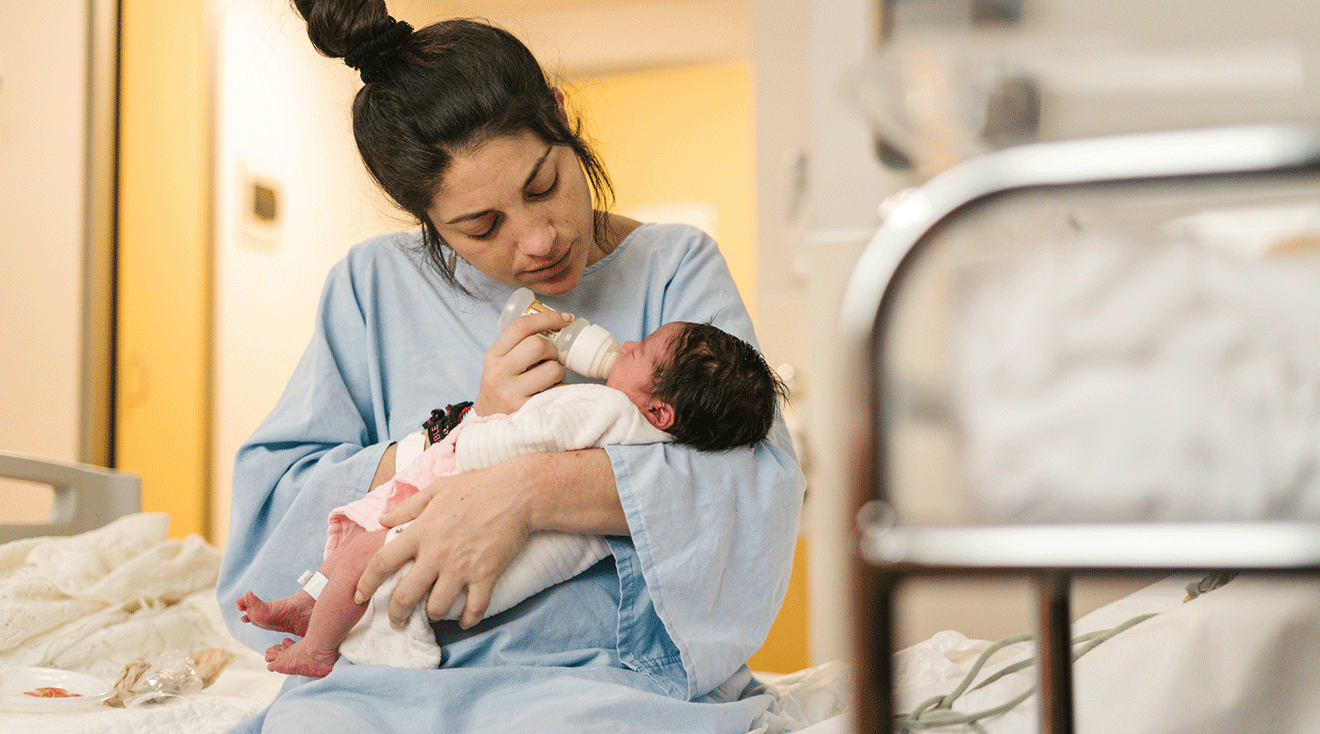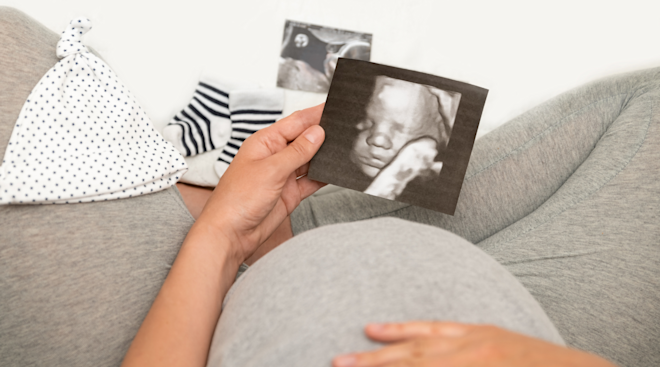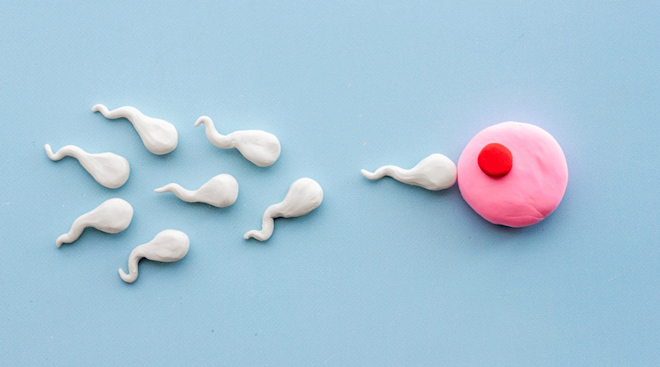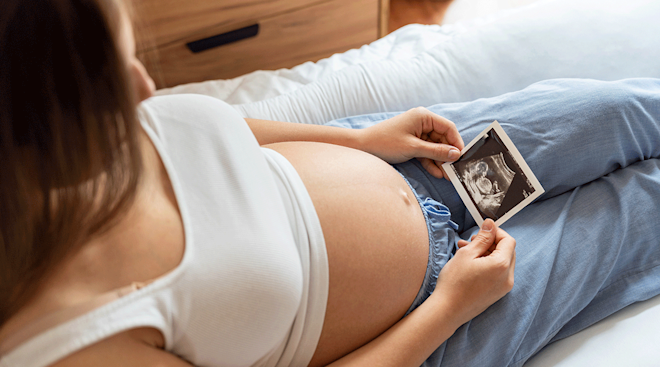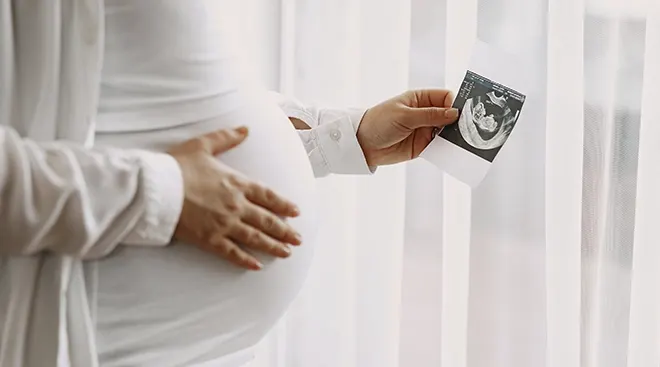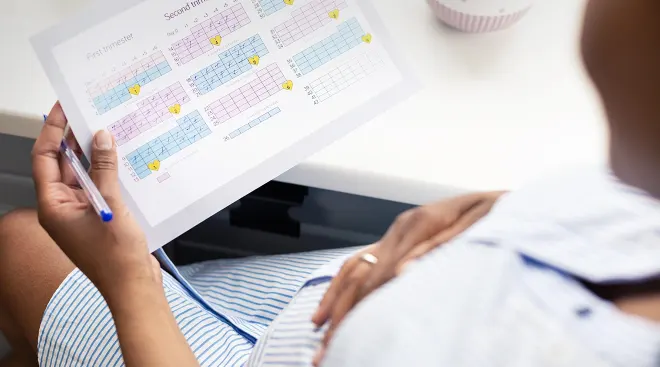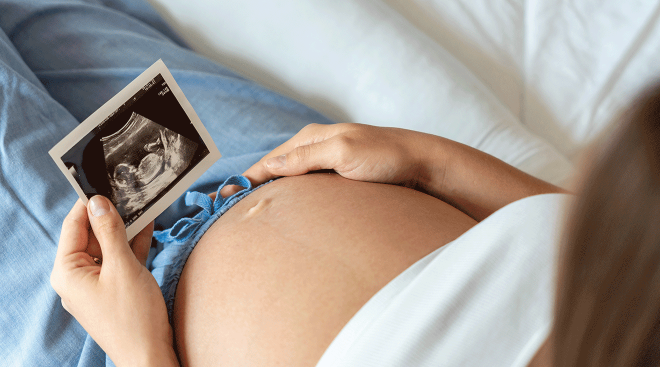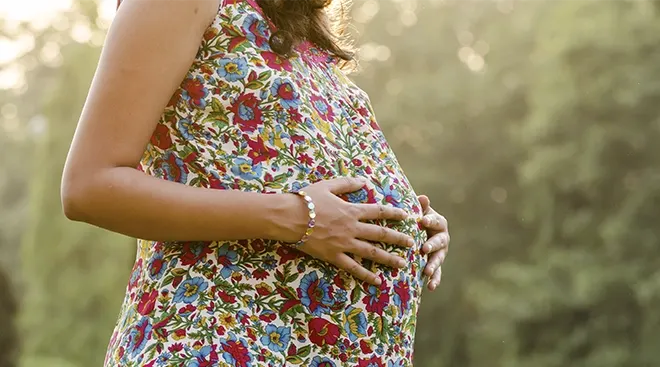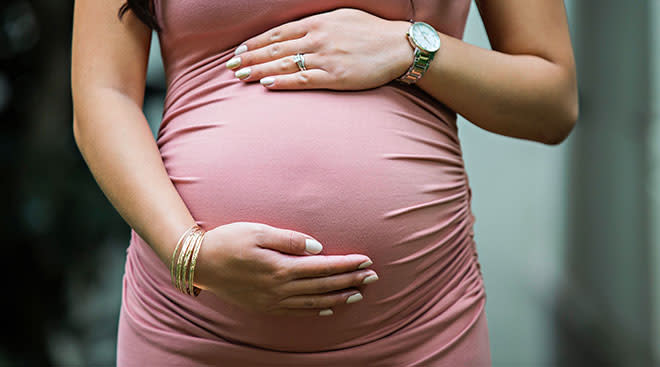Fetal Viability: When Can Baby Survive Outside the Womb?
Pregnancy can be a blissful time when you dream about a future with your upcoming bundle of joy. But it can also come with a considerable amount of anxiety, including about preterm birth. It’s important—and potentially calming—to be armed with information, including on fetal viability.
So, when is a fetus viable? Like many things in pregnancy, it’s a little complicated. However, many ob-gyns use established benchmarks to help inform moms-to-be and pregnant people when baby can survive outside the womb. Here’s what you need to know about fetal viability, according to experts.
There’s no single clinical definition of fetal viability, according to the American College of Obstetricians and Gynecologists (ACOG). But according to ACOG, the term “viability” is often used in two contexts:
- In early pregnancy, to address whether a pregnancy is expected to continue to develop normally
- In later pregnancy, to address whether baby would be able to survive outside of the womb if delivered
“Viability is the ability to survive outside the womb with or without medical help,” explains Luke Gatta, MD, an assistant professor of obstetrics and gynecology at Vanderbilt University Medical Center.
Gatta says that fetal viability depends on a “constellation” of factors, which include how far along you are, baby’s anatomy, baby’s genetics and baby’s weight. “We put all of those things together to determine viability,” he says.
Fetal viability is typically considered “the point at which a fetus has the ability to survive outside the uterus on its own or supported by medical technology prior to the expected date of natural birth,” says Jessica Shepherd, MD, MBA, FACOG, an ob-gyn in Dallas and founder of Sanctum Med + Wellness. “Viability has improved over the last decades due to advancement in medical technology. The average viability now is 23 to 24 weeks—however, in some areas or hospitals [it] can be younger.”
Pregnancy viability depends on more than the week of pregnancy you’re in. Still, ACOG uses a few gestational age benchmarks to help determine the likelihood that baby will survive outside the womb. Here’s a breakdown:
- Before 23 weeks: 5 to 6 percent
- 23 weeks: 23 to 27 percent
- 24 weeks: 42 to 59 percent
- 25 weeks: 67 to 76 percent
Shepherd adds: “It’s … important to understand that viability is a date of potential—but not definite—survivability.”
A periviable birth is a delivery that happens between 20 weeks and 25 weeks and six days, according to ACOG. “It indicates that [the birth] is close to the fetal viable timeframe and will therefore encounter many factors, as it does not ensure survivability—as challenging decisions usually will have to be made,” Shepherd says.
Perviable birth vs. premature birth
“A premature birth would be any birth before 37 weeks and zero days,” says Jacqueline Hairston, MD, a maternal-fetal medicine specialist at Northwestern Medicine. But a periviable birth, again, falls into the window of 20 weeks to 25 weeks and six days. “A periviable birth is different in the sense that what we do can be tailored toward the family’s wishes and … what the NICU has experience with,” Hairston says.
Again, determining whether baby will survive outside the womb involves considering many factors, including your gestational age and baby’s weight. “If a mother is at risk for delivering early, we’ll sit down and essentially say, ‘What’s the best possible case right here? What’s the worst possible case? What’s the most likely case?’” Gatta says.
From there, Gatta says that doctors will likely discuss the family’s goals for care. “Some parents say very reasonably that [their] goals are to provide comfort; some [parents’ goals] are to provide as many interventions as possible that may or may not be beneficial,” he says.
If you’re experiencing a pregnancy where fetal viability is a concern, Gatta recommends finding a provider you trust. “Every single patient is different,” he says. “Be open to evolutions in patient care. I’ve seen many patients change their mind over the course of care, and that’s okay. You’re making the best possible decisions in that moment.”
Please note: The Bump and the materials and information it contains are not intended to, and do not constitute, medical or other health advice or diagnosis and should not be used as such. You should always consult with a qualified physician or health professional about your specific circumstances.
Plus, more from The Bump:
Luke Gatta, MD, is an assistant professor of obstetrics and gynecology at Vanderbilt University Medical Center. He earned his medical degree from Drexel University College of Medicine.
Jacqueline Hairston, MD, is a maternal-fetal medicine specialist at Northwestern Medicine. She earned her medical degree from the Icahn School of Medicine at Mount Sinai.
Jessica Shepherd, MD, MBA, FACOG, is an ob-gyn and minimally invasive gynecologic surgeon in Dallas. She’s also the founder of Sanctum Med + Wellness. She received her medical degree from Ross University School of Medicine.
American College of Obstetricians and Gynecologists, Facts Are Important: Understanding and Navigating Viability
American College of Obstetricians and Gynecologists, Periviable Birth
Learn how we ensure the accuracy of our content through our editorial and medical review process.
Navigate forward to interact with the calendar and select a date. Press the question mark key to get the keyboard shortcuts for changing dates.
































